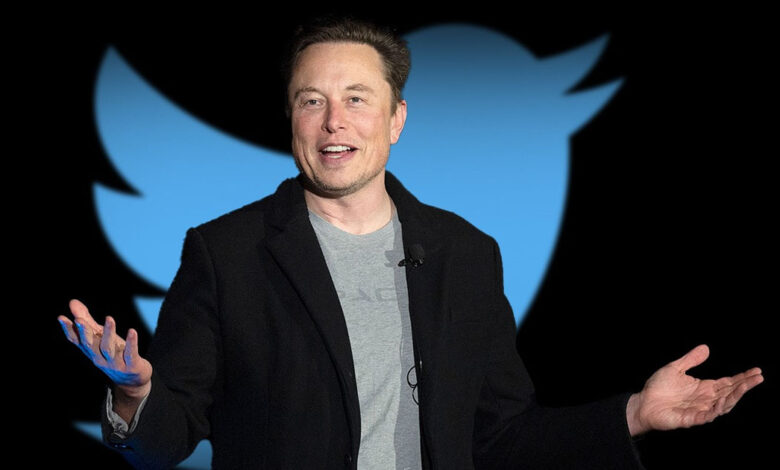Elon Musk Raises Questions on OpenAI’s For-Profit Pivot Following $50M Investment

Elon Musk Questions Legality of OpenAI’s Transition to For-Profit Status Following $50M Investment
During Tesla’s annual shareholder meeting on May 16, billionaire Elon Musk expressed concerns about the legality of OpenAI, the organization responsible for ChatGPT, shifting from a nonprofit to a for-profit business after his investment of around $50 million. Musk claimed that he originally conceptualized OpenAI as an open-source alternative to DeepMind following Google’s acquisition of the company in 2014.
Musk drew an analogy between OpenAI’s nonprofit-to-for-profit transition and a hypothetical scenario where a “save the Amazon” organization transforms into a lumber company that profits from logging and selling trees from the rainforest. He questioned the legality of such a transformation and suggested that starting as a nonprofit and subsequently transferring intellectual property (IP) to a for-profit entity to generate substantial profits should not be the default approach.
OpenAI began as a nonprofit with the intention of pursuing its mission to advance digital intelligence for the benefit of humanity without the constraints of financial returns. However, in 2019, the company announced the creation of OpenAI LP, described as a “capped-profit” or “hybrid of a for-profit and nonprofit” company, still under the governance of the nonprofit entity. This strategic shift aimed to attract more capital and accelerate growth, ultimately leading to significant investments such as Microsoft’s multiyear, multibillion-dollar commitment and the reported pursuit of $100 million for the creation of a new cryptocurrency called Worldcoin.
While OpenAI had refrained from releasing open-source AI models since becoming a for-profit entity in 2019, there are indications that the company might once again make an open-source AI model available. However, it is expected that the open-source version may not be as competitive as the paid offering, which currently provides users access to advanced features for a monthly subscription fee of $20. This subscription model serves as a significant revenue stream for the company.





